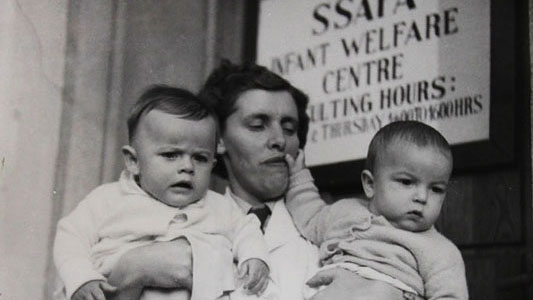
The Armed Forces charity born from empathy still supporting military community today

The story of SSAFA, a military charity that has offered a unique blend of support and advice to service personnel and their families for 140 years, starts with a simple yet powerful letter.
After the death of Major General Gordon at the siege of Khartoum in January 1885, Major (later Colonel Sir) James Gildea of the Royal Warwickshire Regiment wrote to The Times in February, urging for funds and volunteers to support the families of Armed Forces personnel killed or injured in service.
When pondering what type of memorial should be erected to honour Maj Gen Gordon's memory, the major, who became known as the soldier's friend, wrote: "... what would be most in accordance with the views and wishes of this great man would be that the greater portion of the funds subscribed should be devoted to strengthening the institutions... established for the nurture and education of the sons and daughters of all ranks, officers and men, in both services".
Col Sir Gildea described his plan for what became the charity as being "the ready help of friends to friends" and gave it the motto 'bis dat qui cito dat' which means 'he who gives quickly gives twice'.
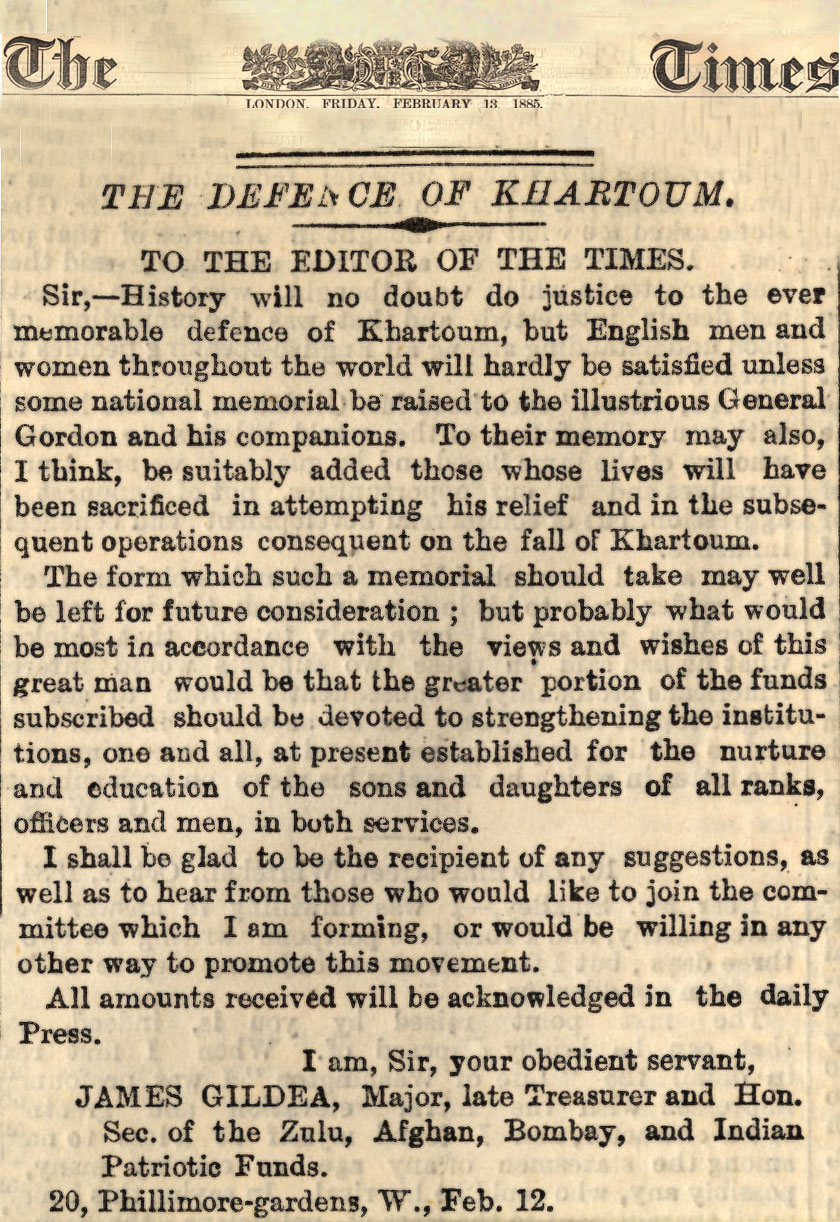
Within a matter of months, the Soldiers' and Sailors' Families Association (SSFA) was created, bringing with it nursing and clothing branches, children's homes, welfare officers and much more.
Just seven years later, the Alexandra Nurses were established, named as such to honour the first President of SSAFA, the Princess of Wales, who later became Queen Alexandra, the great-grandmother of the late Queen Elizabeth.
Their mission was to deliver skilled nursing care to the families and wives of soldiers and sailors living in coastal and military towns.
A year after the creation of the Royal Air Force in 1918, the charity added airmen to its title – as suggested by Queen Alexandra – and became known from then on as SSAFA.
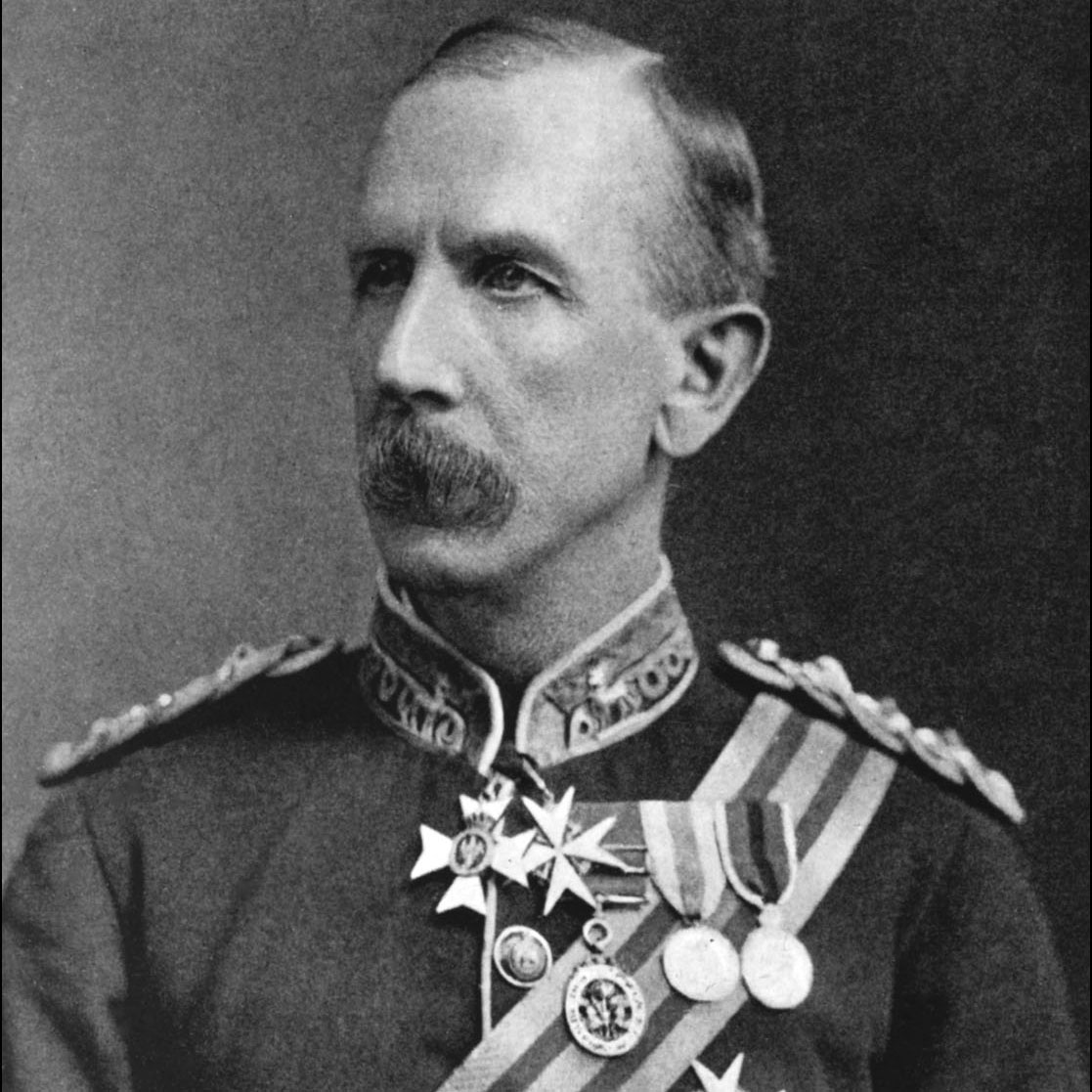
Uncertainty for the families
Life was very difficult for the partners of service personnel in 1885.
There were two groups of British Army wives – those "on the strength of the regiment" who had been given permission by the Commanding Officer to marry a soldier and those who had not.
As Alison Barnes describes in the 1985 History of SSAFA, this definition made a big difference: "As for the soldiers' wives who married without permission, they literally did not exist as far as the Army was concerned.
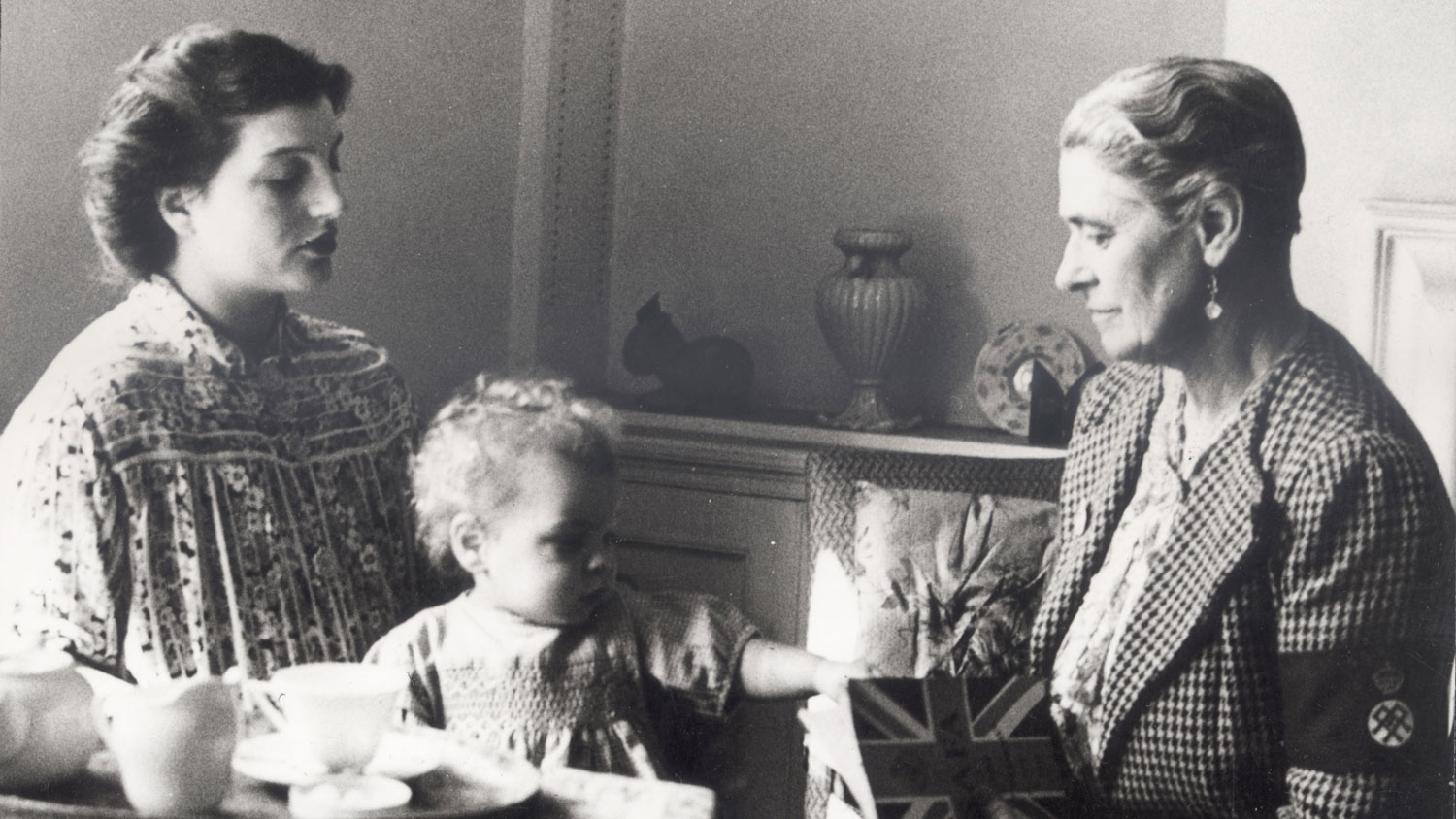
"Even a wife 'on the strength' was liable, when her husband went on active service, to be turned out of barracks and thrown on her friends or on her own resources.
"If the soldier died other than in action, there was no pension for his widow and children. Service pay and conditions in general were bad. Britain had always tried to buy her safety on the cheap...
"Conditions were even worse in the Royal Navy.
"For sailors' wives and children, with a few exceptions on the strength of the Marines, there was no provision whatsoever from the State. They had to depend on the little their husbands could allot."
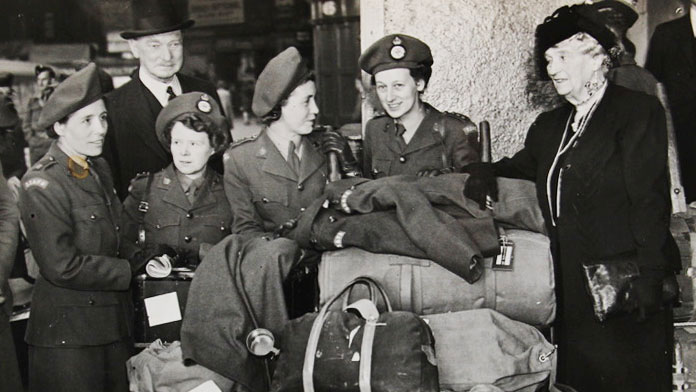
This outraged Col Sir Gildea, so, within a month of sending the letter, a group consisting of 10 ladies had been created to set things in motion.
A fund was set up to offer those in need a small allowance for "married women... and to aged parents who had been dependent on their sons when at home and always by finding suitable employment for those able and willing to help themselves".
Some conservative people were concerned that the existence of SSFA would encourage people to marry without permission – a criticism of the charity that continued for many years.
However, within its first year, the charity's vital contribution to society was undeniable – 466 children and 231 women had received grants amounting to £515 and 10 shillings.
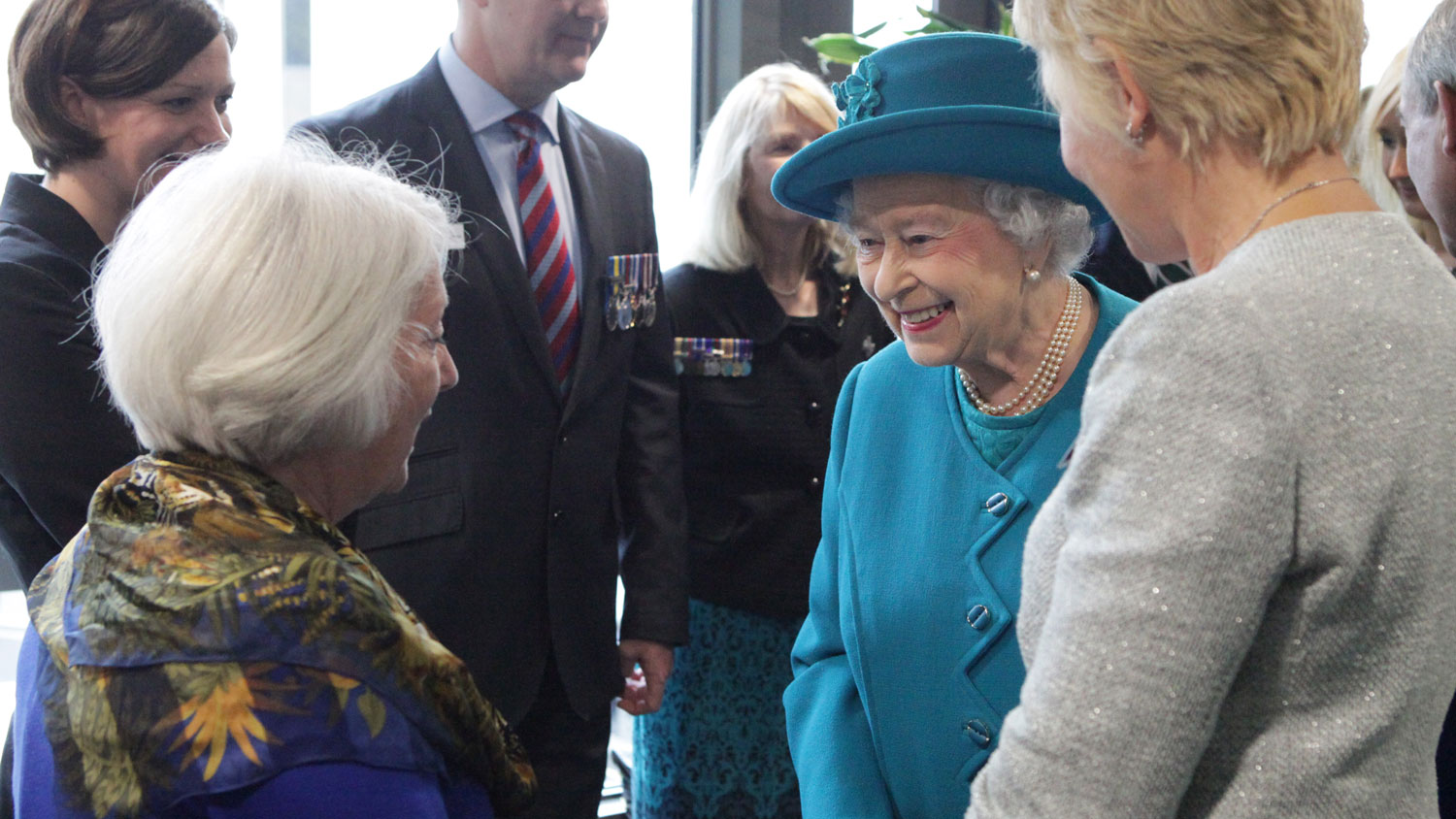
SSFA's pioneering support
At the first Annual General Meeting (AGM) on 8 May 1886, the topic of how SSFA could support the families of sailors was brought up by Admiral the Rt Hon Sir Astley Cooper Key who said: "At the Admiralty, we do not recognise a married sailor; we do not help him with his family officially.
"That is a very serious point and I should be glad if the ladies of the council would endeavour to influence the Admiralty to look with some more favourable eye on the married sailor."
This was a glimmer of hope for the families of men who risked their lives at sea for Queen and country.
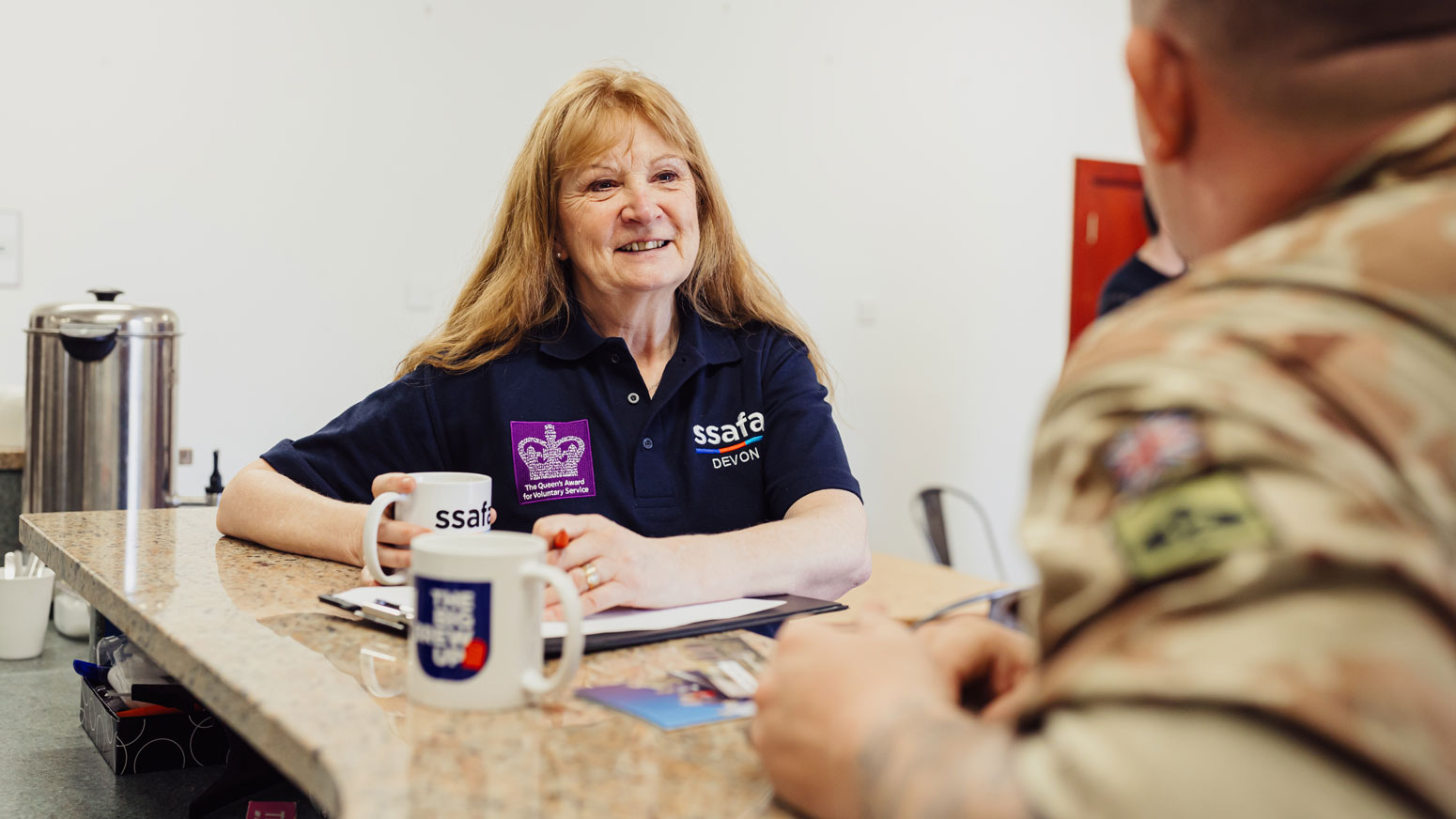
The importance of the association became evident as branches of SSFA were needed wherever service personnel and their families required assistance.
As a former Under Secretary of State for War once said during an AGM: "Wars come rapidly and it is impossible to form an organisation at once.
"This association is one of the very greatest value because of the comfort it would give in war."
When the First World War began in 1914, the government urged SSFA to support the families of service personnel heading to the front line.
Within five months, the association had distributed more than £1m from its National Relief Fund and had mobilised 50,000 volunteers.
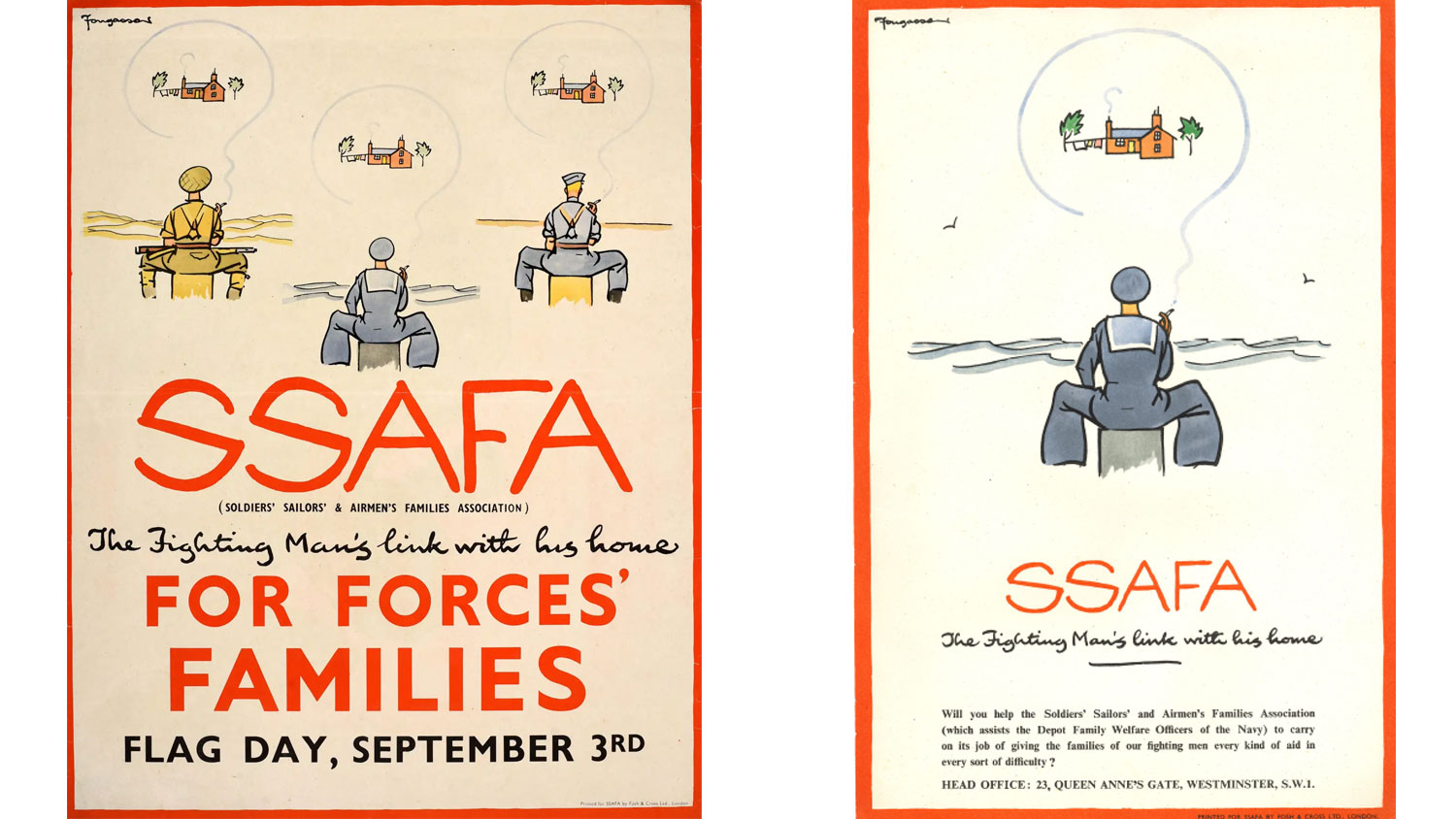
"Without them, I wouldn't be here"
There are plenty of people who say they are alive today thanks to the support offered by SSAFA, the Armed Forces charity.
At an event to mark the charity's 140th anniversary, Dean Knowles, who was a sergeant with 2nd Battalion The Royal Anglian Regiment, spoke about the important role SSAFA playing in saving his life, saying: "Well, I don't think I'll be here now, that's for certain, because obviously I was going through a difficult stage of my life at the time.
"And yeah, I tried ending my life at a difficult time.
"I kind of pulled myself around for the sake of my little girl and with SSAFA, and myself reaching out to SSAFA, and them being the way they were.
"They were compassionate, understanding and nothing was too much so, without them, I wouldn't be here."
After 140 years of dedicated service, SSAFA continues to provide life-changing support and advice for both regular and reserve personnel in the Royal Navy, Royal Marines, British Army and Royal Air Force, their families and those who have done National Service.
Recognising the specific challenges that go hand in hand with military life, the charity's focus has always been to help the military community during times of need.
Need help?
If you are a member of the Armed Forces community and need help, support or advice from SSAFA, call Forcesline on 0800 260 6780 or send them a message using this form.
Forcesline is open 09:00 until 17:00, Monday to Thursday and 09:00 until 16:00 on Friday.
Alternatively, you can contact your local branch directly using their branch finder.









